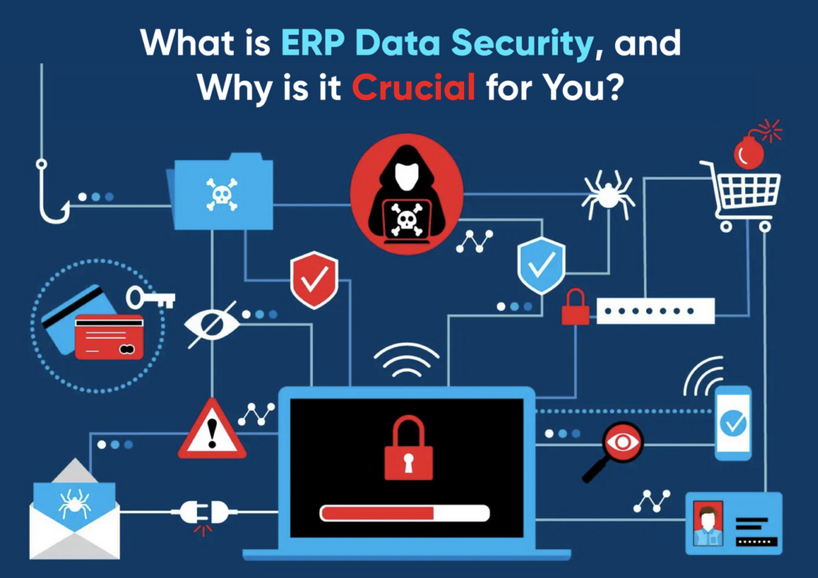
Affiliate marketing has emerged as a dynamic and lucrative industry, fostering collaboration between sellers and marketers in a symbiotic digital ecosystem. In essence, it’s a performance-based model where marketers, known as affiliates, earn commissions for driving traffic and sales to a seller’s product or service. While the potential for success and revenue generation is significant, the industry is not immune to the risks associated with the vast amounts of sensitive data it handles.
Understanding Affiliate Marketing:
At its core, affiliate marketing relies on partnerships between sellers and affiliates. Sellers provide affiliates with unique tracking links, and affiliates, in turn, promote these links to their audience through various channels such as websites, social media, or email marketing. When a consumer makes a purchase through the affiliate’s link, the affiliate earns a commission.
Data in the Affiliate Marketing Realm:
The success of affiliate marketing hinges on the seamless flow of data between sellers, affiliates, and consumers. This data includes but is not limited to:
Buyer Information: Personal details of individuals making purchases.
Seller Details: Information about the products or services being marketed.
Transaction Data: Records of purchases, timestamps, and transaction amounts.
Marketing Analytics: Insights into the performance of marketing campaigns.
Risks of the BuyGoods.com Data Breach:
The affiliate marketing landscape is not without its vulnerabilities, and a data breach could expose both buyers and sellers to a range of risks:
Identity Theft: If buyer information falls into the wrong hands, it can be exploited for identity theft, leading to unauthorized transactions and other fraudulent activities.
Financial Fraud: Exposed transaction data poses a risk of financial fraud, as cybercriminals may attempt to misuse credit card information or manipulate transactions.
Reputation Damage: A data breach can erode trust among buyers, sellers, and affiliates. The loss of reputation can have lasting consequences on the affected parties’ ability to participate in the affiliate marketing ecosystem.
Competitive Disadvantage: Sellers on the network may lose their competitive edge if sensitive information about their products or strategies is exposed, providing competitors with valuable insights.
Legal Ramifications: Data breaches often trigger legal consequences, with potential lawsuits and regulatory fines. Compliance with data protection laws becomes crucial in mitigating legal risks.
Mitigating Risks in Affiliate Marketing:
To safeguard against data breaches and mitigate associated risks, stakeholders in the affiliate marketing industry should consider implementing the following measures:
Robust Cybersecurity Protocols: Invest in robust cybersecurity measures to protect sensitive data from external threats.
Encryption: Implement encryption technologies to secure data both in transit and at rest.
Regular Audits: Conduct regular security audits to identify and address potential vulnerabilities.
User Education: Educate affiliates, sellers, and buyers about best practices for data security to reduce the risk of human error.
Compliance: Stay informed about and compliant with data protection regulations to avoid legal repercussions.
Affiliate marketing, while offering immense potential for revenue generation, demands a proactive approach to data security. The risks associated with the SoftwareProjects and BuyGoods data breach underscore the importance of prioritizing cybersecurity measures, ethical practices, and compliance. By fostering a secure and trustworthy environment, the affiliate marketing industry can continue to thrive and provide value to all participants in the digital marketplace.


